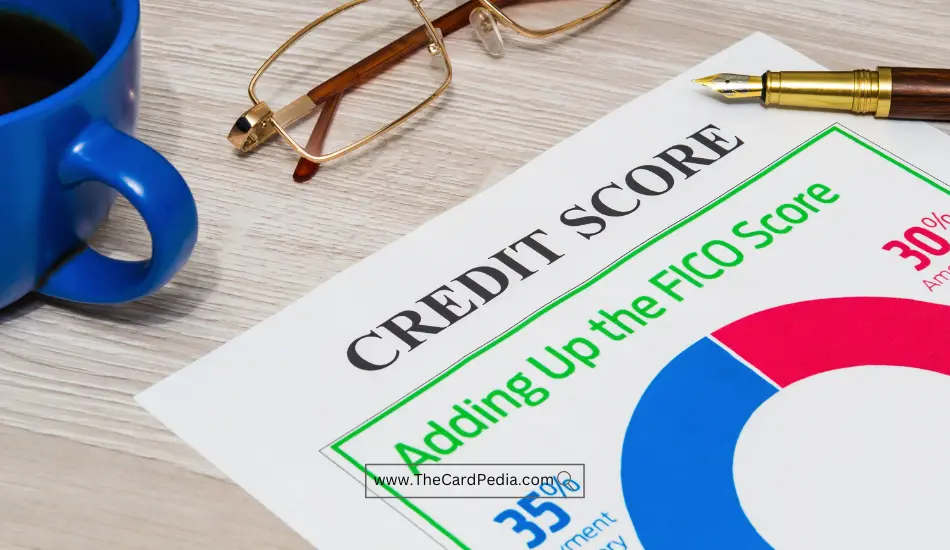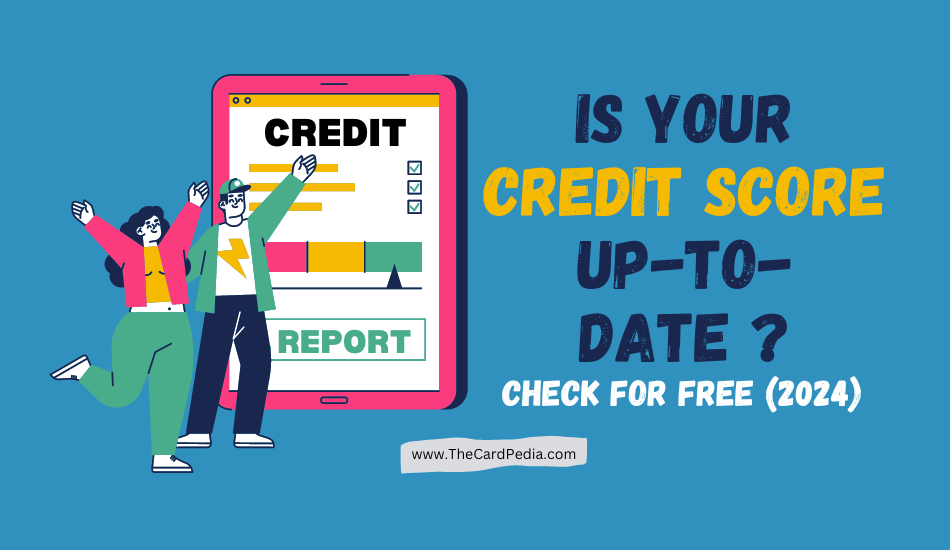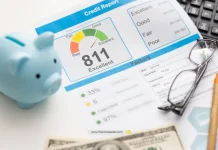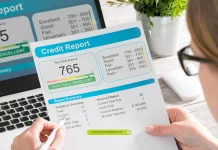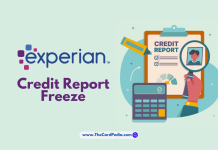If you’ve ever checked your credit Score online, you’ve likely encountered the term FAKO score. Unlike the widely recognized FICO score, FAKO scores are educational credit scores designed to give consumers a snapshot of their financial standing.
But what exactly is a FAKO score, and why should you care? I’ll unpack everything you need to know—from how FAKO scores work to practical strategies for improving them—so you can take control of your financial future.
What Is a FAKO Score?
A FAKO score is a credit score generated by credit bureaus or third-party services, but it’s not the same as your official FICO score.
The term “FAKO” is a playful nod to its non-FICO status, and these scores are often used by free credit monitoring platforms like Credit Karma, WalletHub, or even your bank’s credit dashboard.
While FAKO scores provide a useful estimate of your creditworthiness, they rely on proprietary algorithms that differ from the FICO model.
For example, VantageScore weighs factors like payment history, credit utilization, and credit age differently than FICO. This means your FAKO score might be higher or lower than your actual FICO score—a critical detail if you’re planning to apply for a loan or mortgage.
FAKO vs. FICO: Key Differences You Need to Know
To avoid confusion, let’s clarify how FAKO scores stack up against FICO:
| Factor | FAKO Score | FICO Score |
|---|---|---|
| Creator | Third-party services (e.g., VantageScore) | Fair Isaac Corporation (FICO) |
| Scoring Range | 300–850 (VantageScore 3.0/4.0) | 300–850 |
| Weighting Factors | Emphasizes recent trends & credit mix | Prioritizes payment history (35%) |
| Primary Use | Educational purposes | Lending decisions (90% of top lenders) |
While both scores aim to predict credit risk, lenders overwhelmingly prefer FICO scores when evaluating applications. However, tracking your FAKO score can still help you spot trends, detect errors, or identify areas for improvement.
Why Your FAKO Score Matters More Than You Think
Even though FAKO scores aren’t used by lenders, they serve as a powerful tool for self-assessment. Here’s why you shouldn’t ignore them:
- Free Access to Credit Insights
Most FAKO scores are available for free through apps or financial institutions. Regularly monitoring yours helps you stay informed without paying for FICO reports. - Early Warning System for Fraud
Sudden drops in your FAKO score could signal identity theft or inaccuracies on your report. Addressing these issues early prevents long-term damage. - Benchmarking Progress
If you’re rebuilding credit, tracking FAKO score fluctuations helps gauge the effectiveness of your efforts, like paying down debt or disputing errors.
How FAKO Scores Are Calculated
While exact formulas vary, most FAKO scores evaluate these core factors:
- Payment History (40%): Late payments, defaults, or bankruptcies drag scores down.
- Credit Utilization (20%): Keeping balances below 30% of your limit is ideal.
- Credit Age (15%): Older accounts demonstrate stability.
- Credit Mix (10%): Diversity (e.g., loans, credit cards) can boost your score.
- Recent Inquiries (10%): Too many hard inquiries in a short period raise red flags.
Unlike FICO, some FAKO models place extra weight on trending data. For instance, VantageScore 4.0 considers rent and utility payments, offering a more holistic view.
5 Steps to Improve Your FAKO Score
Ready to boost your credit Score? Follow these proven strategies:
- Pay Bills On Time, Every Time
Set up autopay for minimum payments to avoid missed deadlines. Even one 30-day late payment can slash your score by 100 points. - Reduce Credit Card Balances
Aim to keep utilization under 10% for optimal scoring. For example, if your limit is 10,000,trytoowenomorethan10,000,trytoowenomorethan1,000. - Avoid Closing Old Accounts
Closing a credit card shortens your credit history and increases utilization. Instead, use it sparingly to keep it active. - Limit Hard Inquiries
Apply for new credit only when necessary. Rate shopping for mortgages or auto loans within a 14–45-day window counts as one inquiry. - Dispute Errors Immediately
Obtain free annual reports from AnnualCreditReport.com. If you spot inaccuracies, file disputes with the bureaus to rectify them.
Myths About FAKO Scores
Let’s debunk common misconceptions:
- Myth 1: “FAKO scores are meaningless.”
Truth: They offer valuable insights, even if lenders don’t use them. - Myth 2: “Checking my FAKO score lowers it.”
Truth: Soft inquiries (like self-checks) don’t affect your score. - Myth 3: “All FAKO scores are the same.”
Truth: Algorithms vary—compare scores from multiple sources.
- What is a Good Credit Score? Learn How to Boost and Maintain It Easily
- How to Get Free Credit Reports from All 3 Bureaus: A Complete Guide
- 10 Hidden Credit Card Charges Draining Your Wallet & Tips to Avoid Them
- Credit Karma: Free Credit Score & Reports access in 2024
- Credit Card Mistakes for Beginners
FAKO Scores and Lenders: What Borrowers Should Know
Since most lenders rely on FICO, don’t assume your FAKO score matches what a bank sees. For example, your VantageScore might be 720, but your FICO could be 690 due to differing criteria.
Before applying for major credit, purchase your official FICO score from myFICO.com or check if your credit card issuer provides it for free. This prevents surprises and ensures you’re “application-ready.”
FAQs About FAKO Scores
Unlikely. Most lenders require FICO scores, but monitoring FAKO helps you prepare.
Typically every 7–14 days, depending on the service.
Only if reported to bureaus. Services like Experian Boost can add them.
While FAKO scores aren’t the gold standard for lenders, they empower you to monitor trends, detect issues, and make smarter financial choices. By understanding how these scores work—and implementing the tips above—you’ll build stronger credit habits that translate to better FICO scores over time. Ready to see where you stand? Check your FAKO score today, and take the first step toward a healthier financial future.
Visit TheCardpedia.com for more tips, tools, and insights into mastering credit and achieving financial freedom. Together, we can make smarter financial choices!

